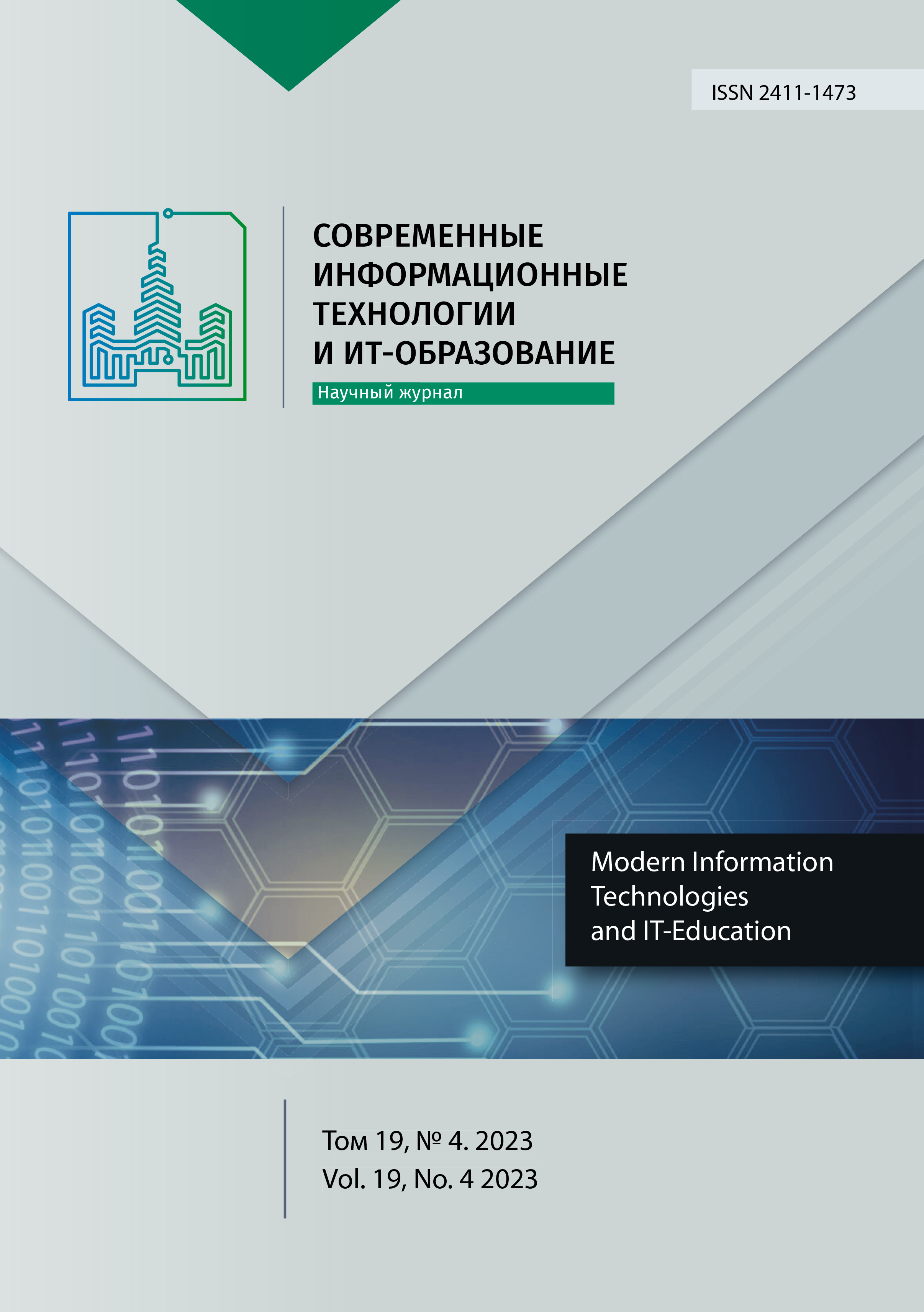Advanced Haptic Systems
Creating a More Immersive Digital Experience
Abstract
This research focuses on the analysis of advanced haptic systems and their role in enhancing interaction between individuals and the digital world. The aim is to explore the applications, technologies, and implications of these systems in areas such as virtual reality, gaming, medicine, and industry, and to understand their impact on improving user experience. The research conducted a review of relevant literature, analyzing current technological innovations in the field of haptic system development. Data was collected on the current state of the technology, its applications in different sectors, and the challenges it faces. The literature analysis revealed that advanced haptic systems enable a more realistic sense of touch in digital environments and have a wide range of applications, from entertainment to defense, medical training, and industrial usage. Challenges were identified, including the need for greater precision, improved integration, and accessibility of these technologies. The research demonstrates that advanced haptic systems significantly enrich the user experience of the digital world by providing a sense of touch. While there are numerous advantages, further research and development are necessary to overcome challenges and enable broader applications of these systems in various fields.

This work is licensed under a Creative Commons Attribution 4.0 International License.
Publication policy of the journal is based on traditional ethical principles of the Russian scientific periodicals and is built in terms of ethical norms of editors and publishers work stated in Code of Conduct and Best Practice Guidelines for Journal Editors and Code of Conduct for Journal Publishers, developed by the Committee on Publication Ethics (COPE). In the course of publishing editorial board of the journal is led by international rules for copyright protection, statutory regulations of the Russian Federation as well as international standards of publishing.
Authors publishing articles in this journal agree to the following: They retain copyright and grant the journal right of first publication of the work, which is automatically licensed under the Creative Commons Attribution License (CC BY license). Users can use, reuse and build upon the material published in this journal provided that such uses are fully attributed.













